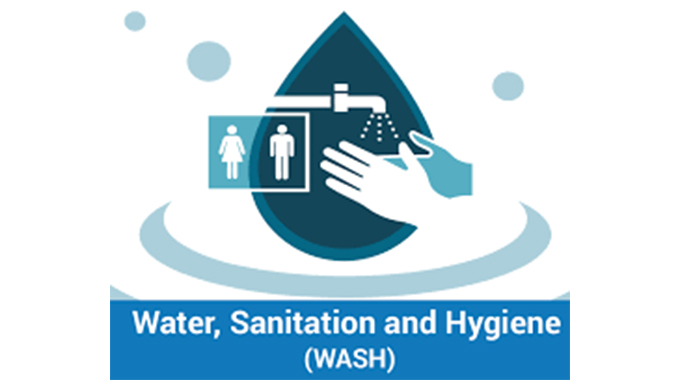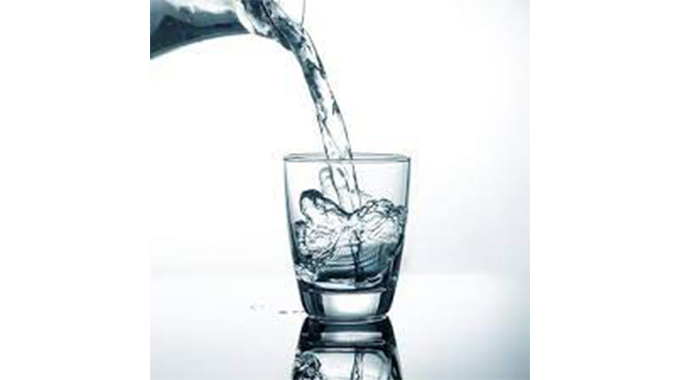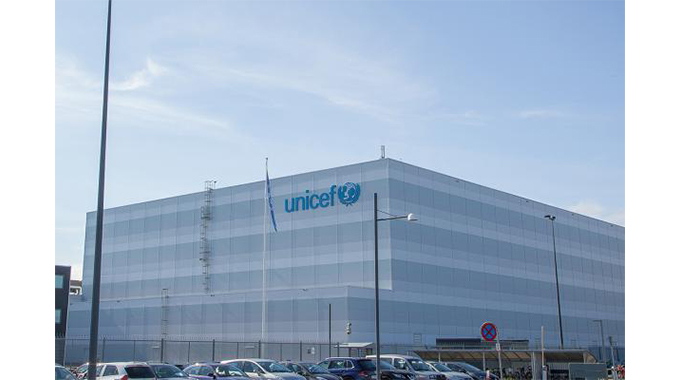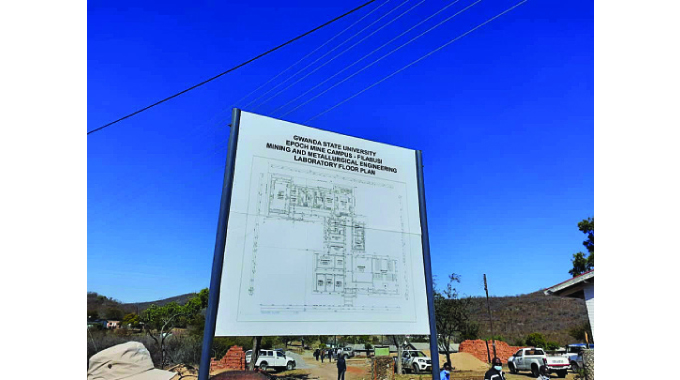Villagers, RDC build school water supply

Yoliswa Dube-Moyo, Matabeleland South Bureau Chief
Villagers in Umzingwane District have partnered with the rural district council to construct a pipeline that will supply Nonkwane Primary School with clean drinking water.

clean drinking water
The pipeline will run from a nearby nutrition garden and community members are expected to dig the trench.
The development comes at a time when rural communities are lagging behind in sanitation and hygiene issues as less than 20 percent of public facilities have hand-washing mechanisms in place.
At the institutional level, water, sanitation and hygiene (WASH) is recognised by the provision of usable and safe toilets, but there are no hand-washing facilities in most institutions such as schools, health facilities, business centres, churches and community halls.
Ward 6 Councillor Amanda Khumalo said the pipeline project would benefit Nonkwane Primary School which does not have clean drinking water.
“We’re working on a pipeline from a nearby nutrition garden to Nonkwane Primary school which has no clean drinking water.
Community members will dig the trench,” said Clr Khumalo.
She said it was imperative that children got access to clean drinking water hence coordinated efforts with the community to make it happen.
The province faces significant water challenges which have been affecting sanitation and hygiene in many areas.
Matabeleland South provincial water, sanitation and hygiene sub-committee chairperson, Mr Moment Malandu said one of the major WASH gaps in the province were as a result of water shortages.
“Sanitation goes with water and in Matabeleland South we have serious water problems in certain areas particularly during the dry season.
What worsens the matter is that most of our dams have since silted or burst their walls such that they no longer hold water.
As a result, people and livestock share the little available water meaning that at the peak of it, people have to ration water,” said Mr Malandu.
He said the shortage of surface water can be addressed through the building or repairing of dams in the province.
He said in schools, girls were disadvantaged due to the unavailability of water and girl-friendly toilets.
“Schools still share boreholes with communities and in such cases you find that communities are given preference over the school, which affects girls more.
Most schools don’t have girl-friendly toilets although there are certain donor organisations like Unicef putting up toilets.

Unicef
This is, however, still on a small scale but there is progress,” said Mr Malandu.
According to a recent WASH co-ordination report, there is a need to rejuvenate Government decision-making structures at all levels in order to address gaps in WASH.
“Develop one comprehensive updated water sector policy, covering all sub-sectors; also develop a sector strategy and financing plan to achieve updated national targets.
Update national data sets through audits and needs assessments; and develop one monitoring framework and a process of annual joint sector reviews.
Develop an overall sector financing strategy.
Develop a national capacity building programme,” reads the report.
The report says the urgent case for increased investment needs to be made at the highest levels.
“Institute inclusive coordination mechanisms, working in partnership with parallel financing modalities, and establishing an independent sector regulator,” reads the report.
It recommends that a national programme to repair and rehabilitate wells and boreholes be initiated.
– @Yolisswa








Comments